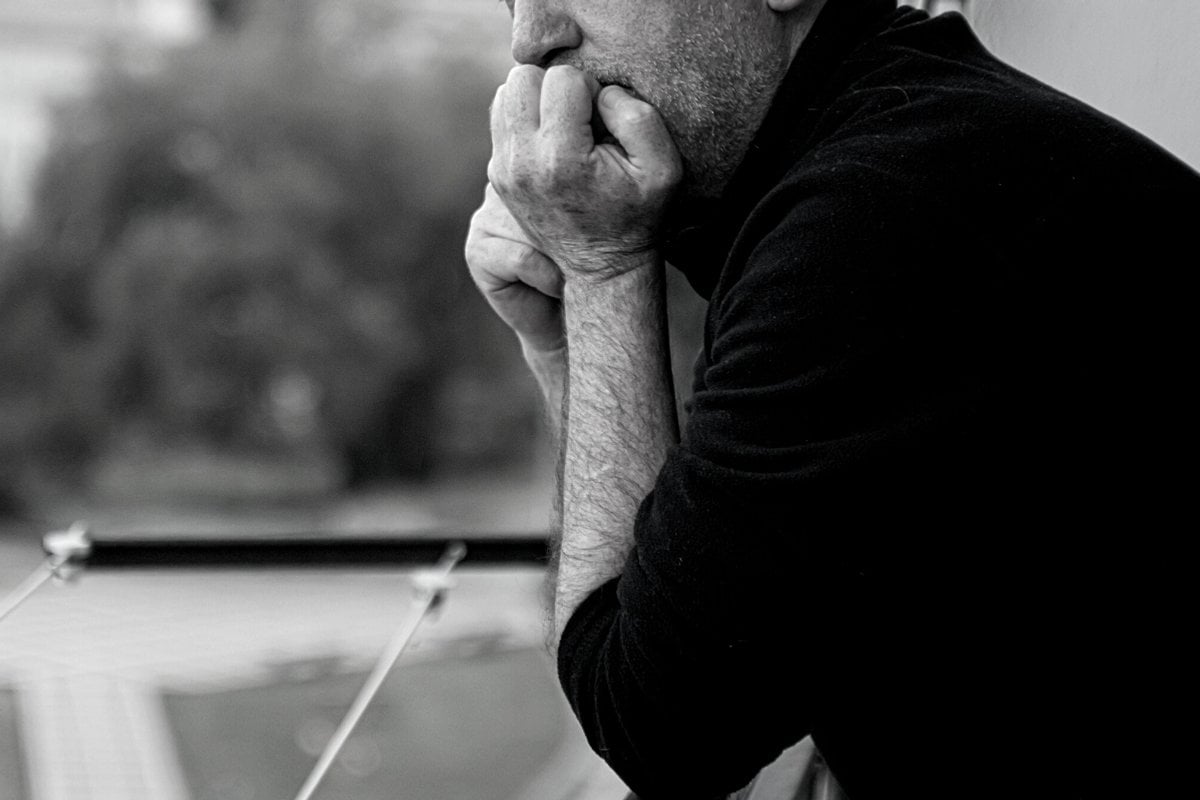
Warning: the following details instances of child abuse and may be triggering to some readers.
"Get on the ground!"
The thieves had already knocked the manager of the McDonald's unconscious when they turned towards the diners. One among the four thumped his baseball bat on a table in warning.
"Get on the ground!"
Diners scrambled under their tables, some screamed. But one, who we'll call Steve*, just sat there. Even as one of the thieves approached and wound up to strike him, he stayed put.
One blow came, then another, and another.
He looked closely at the attacker's face, making observations that later proved critical to police catching the group. But there was no fear coursing through him, no urge to fight or flee; he felt little other than perturbed that they'd interrupted his lunch.
In between the strikes, a thought echoed in his head.
My mother used to hit harder than that.
***
Steve knows his reaction that day, some two decades ago now, was not exactly 'normal'.
'Normal' is something he's been approximating his entire life.
As a survivor of childhood physical and emotional abuse, the 66-year-old father of two is still grappling with the effects of what he endured. For years, he'd hide it in professional and social settings; he'd pretend. But the numbness he felt that day in McDonald's roughly two decades ago, compelled him to better understand why.

Top Comments